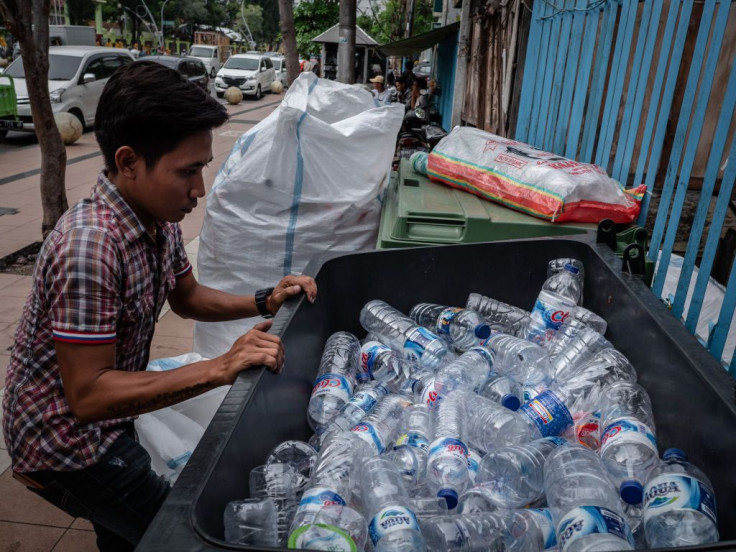Biodegradable 'Plastics' Safe For Environment, Not Requiring Resources May Soon Be Available

Plastics may soon be biodegradable and environmentally-friendly. Tel Aviv University scientists have discovered a process to produce bioplastic polymers from microorganisms that feed on seaweed and do not require soil or fresh water — resources that are quickly becoming more scarce.
The United Nations previously confirmed that plastic is behind 90 percent of all the pollutants found in the Earth's oceans. Despite this, we have yet to really find a sustainable, environmentally-friendly alternative. Fortunately, many scientists are currently working on finding a solution to our plastic problem.
Dr. Alexander Golberg of TAU's Porter School of Environmental and Earth Sciences and Professor Michael Gozin of TAU's School of Chemistry have teamed up and created a new method of making plastic by utilizing microorganisms.
Golberg explained that it takes hundreds of years for plastics to decay. And since they won't break down anytime soon, bottles, bags and packaging made of the material end up forming plastic "continents" in our oceans that endanger marine life and pollute the environment. The expert added that current plastic-producing methods rely on petroleum products to create the material, and this has an industrial process that releases chemical contaminants as a byproduct.
In a research paper published in the journal Bioresource Technology, the scientists describe a method to create "bioplastics," which Golberg said does not use petroleum and break down quickly unlike our current plastics. There have been other bioplastics before, but they apparently needed fertile soil and fresh water to grow the plants and bacteria required for their creation. However, these resources are now becoming scarce, especially in Israel, so the scientists devised a process for making plastics, which use marine microorganisms that completely recycle into organic waste.
The microorganisms used in the process feed on seaweed and produce polyhydroxyalkanoate (PHA), a bioplastic polymer.
"Our raw material was multicellular seaweed, cultivated in the sea," Dr. Golberg told Phys.org. "These algae were eaten by single-celled microorganisms, which also grow in very salty water and produce a polymer that can be used to make bioplastic."
According to Golberg, there are some factories which are currently producing this bioplastic in commercial quantities, but he doesn't think their methods are good enough. Their new process, however, would give countries, such as China and India that have a shortage of fresh water, the opportunity to use biodegradable plastics instead of petroleum-derived ones.
"We are now conducting basic research to find the best bacteria and algae that would be most suitable for producing polymers for bioplastics with different properties," he concluded.
© Copyright IBTimes 2024. All rights reserved.





















